If gardening is your thing, it’s worth considering whether you’re making the most of what’s growing there.
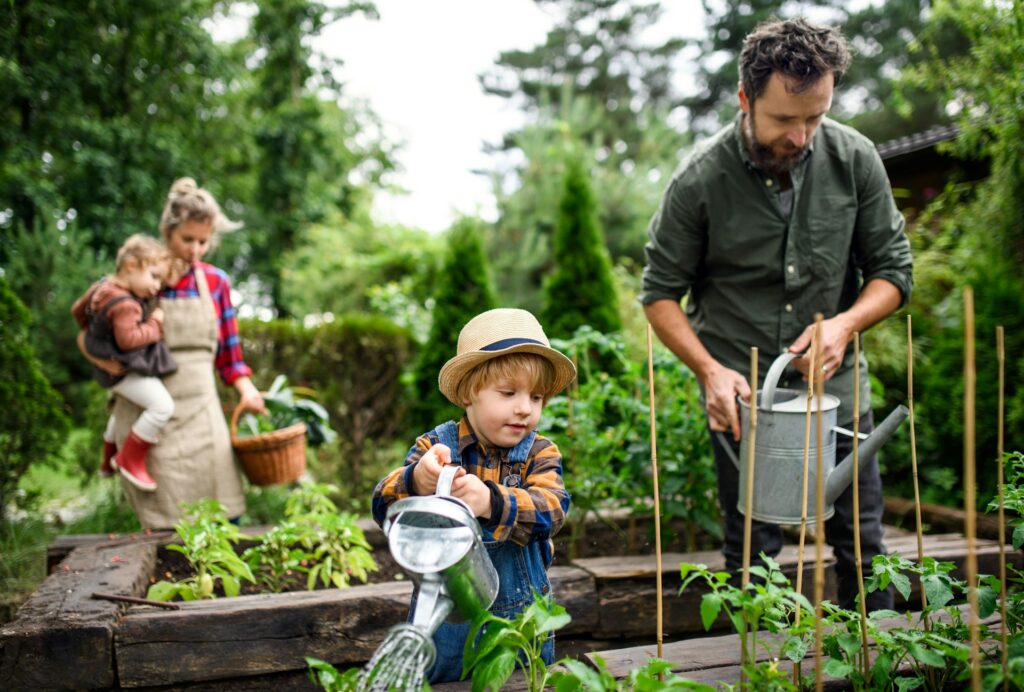
Closed-loop gardening isn’t just about reducing waste—it’s about changing how you see the entire cycle of life in your garden. Once you get into it, it feels less like a chore and more like magic. As a result, you’ll have a more vibrant, productive garden that’s good for you and the planet. It’s well worth trying, that’s for sure.
1. You start seeing waste as something useful.
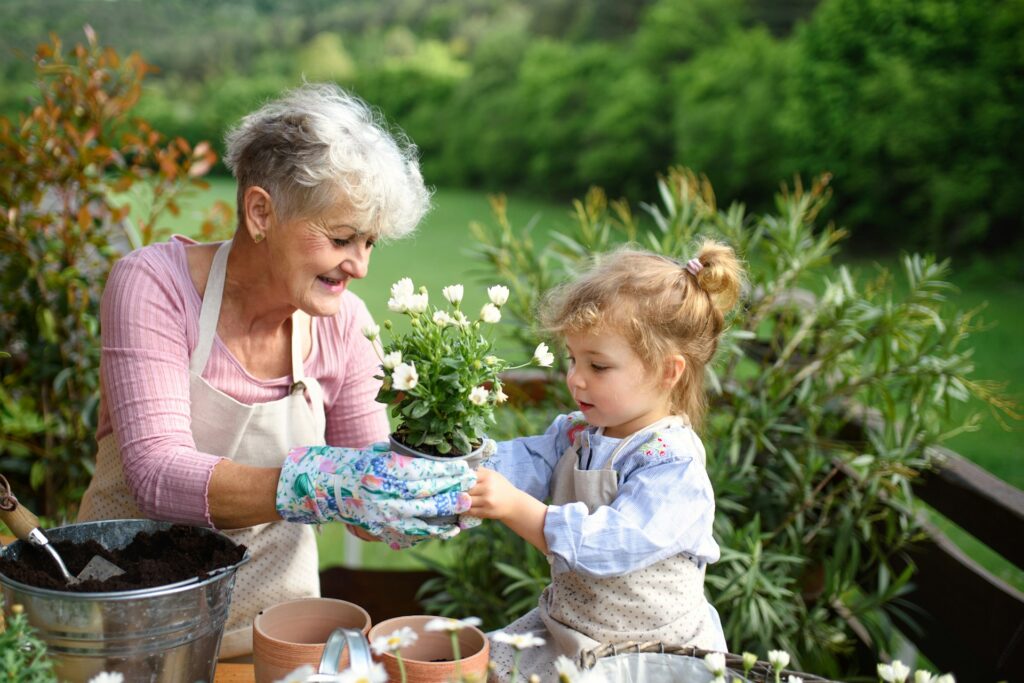
Closed-loop gardening flips the script on what you’d normally toss. Suddenly, things like veggie peelings, used coffee grounds, and garden clippings aren’t rubbish—they’re resources. It’s a mindset change that feels surprisingly empowering once it clicks.
Instead of sending organic waste to landfill, you’re feeding your garden with it. Everything becomes part of a cycle: what you grow, what you eat, what you return to the earth. It’s incredibly satisfying to close that loop.
2. Your compost becomes the star of the show.
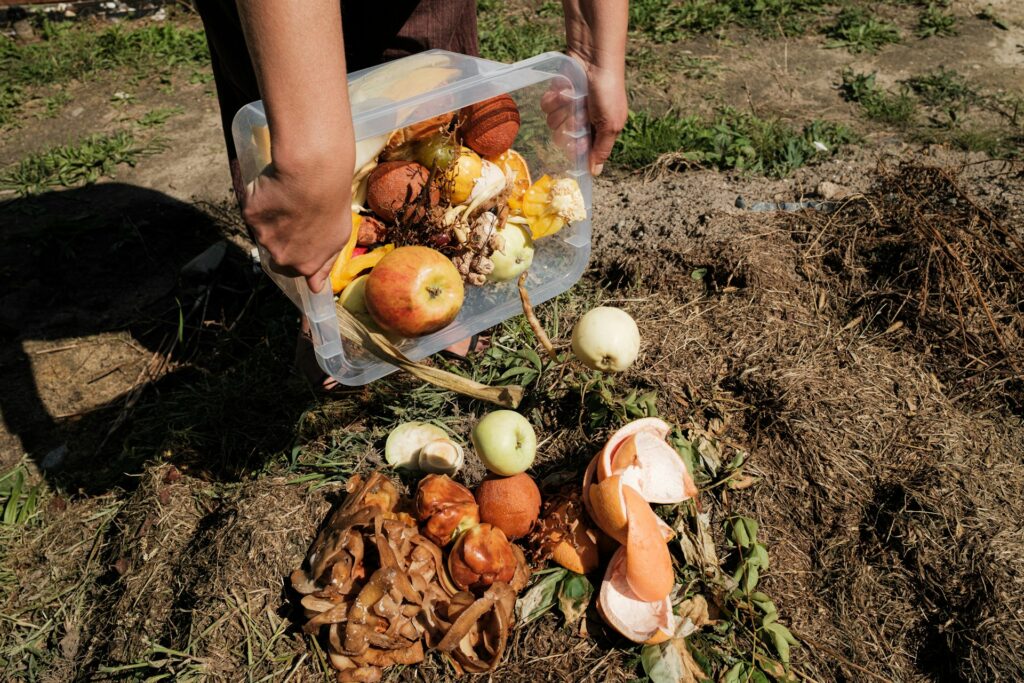
Once you start composting with purpose, it no longer feels like just a pile of scraps. It’s your soil’s best friend, breaking down into nutrient-rich goodness that powers everything from tomatoes to tulips without the need for chemicals. It also helps you feel more connected to the seasons. Watching your compost mature is like watching time pass in slow motion—and when you finally dig it into the earth, it feels like giving your garden a home-cooked meal.
3. You depend less on outside inputs.
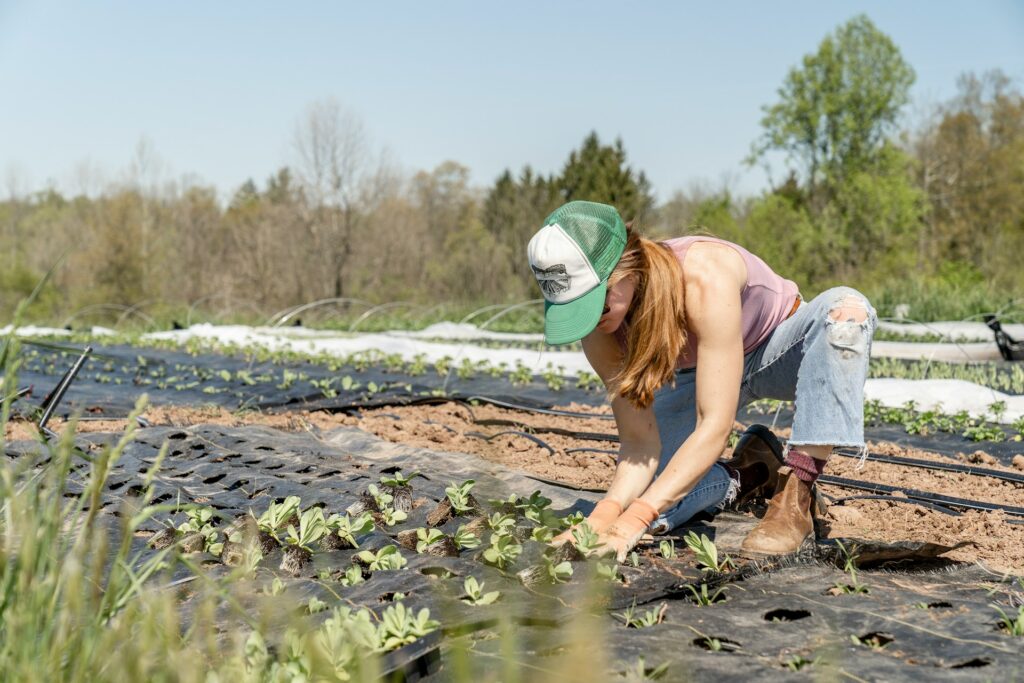
Closed-loop gardening naturally reduces your need to buy things. Instead of grabbing bagged fertiliser or soil enhancers, you’re making your own. That means fewer trips to the garden centre and more money saved over time. This doesn’t just help your wallet—it lowers your garden’s footprint too. You stop contributing to the production, packaging, and transport involved in most commercial garden products, which adds up to a lighter impact overall.
4. You start paying attention to your soil.
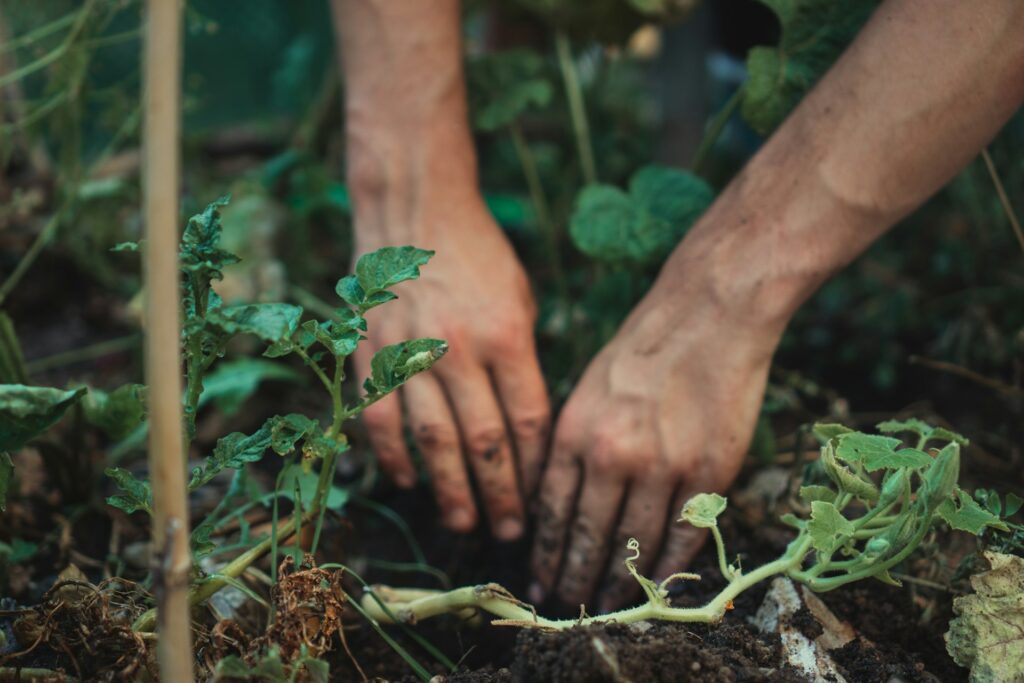
Soil goes from being just “dirt” to something alive and vital. You begin to notice its smell, its texture, how it changes after a good compost application or a period of rest. It becomes part of the relationship. When you care for your soil, it cares for your plants. Closed-loop gardening makes this connection feel obvious—you feed the soil, not just the plants, and that shift alone can completely change how you approach your space.
5. Nothing really goes to waste anymore.
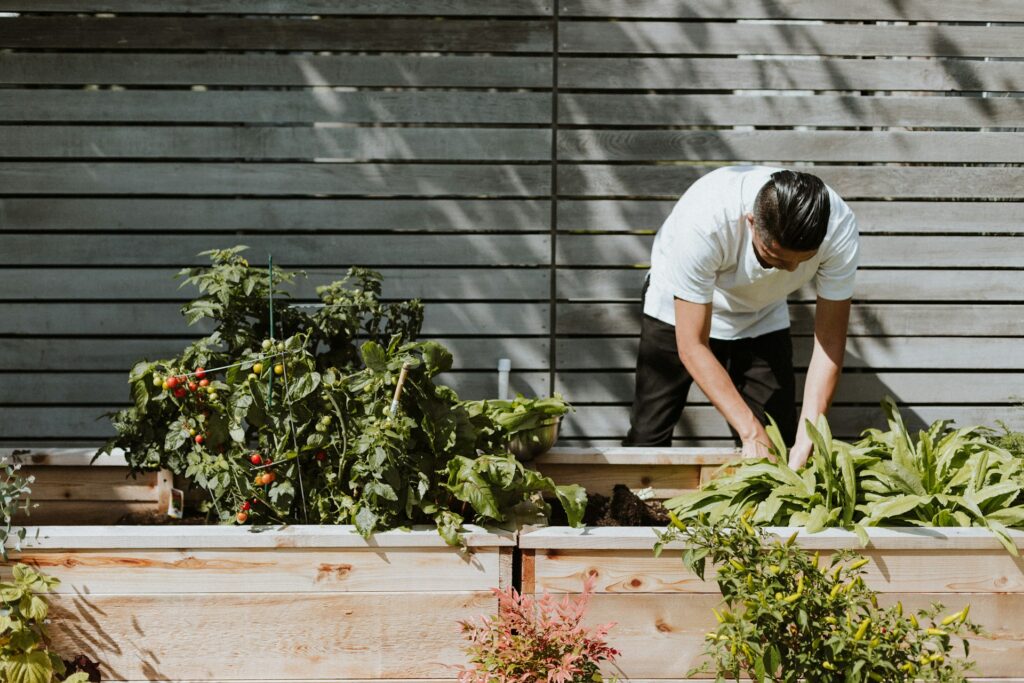
The beauty of a closed loop is that everything has a purpose. A fallen leaf, a wilted lettuce, the dusty remains of a dead houseplant—all of it loops back into the system and contributes to the next season’s growth. It makes your garden feel more alive, more interconnected. You stop seeing mess and start seeing raw material. Even weeds you’ve pulled or hedge trimmings get shredded, composted, and eventually come full circle.
6. You tune into nature’s rhythms.
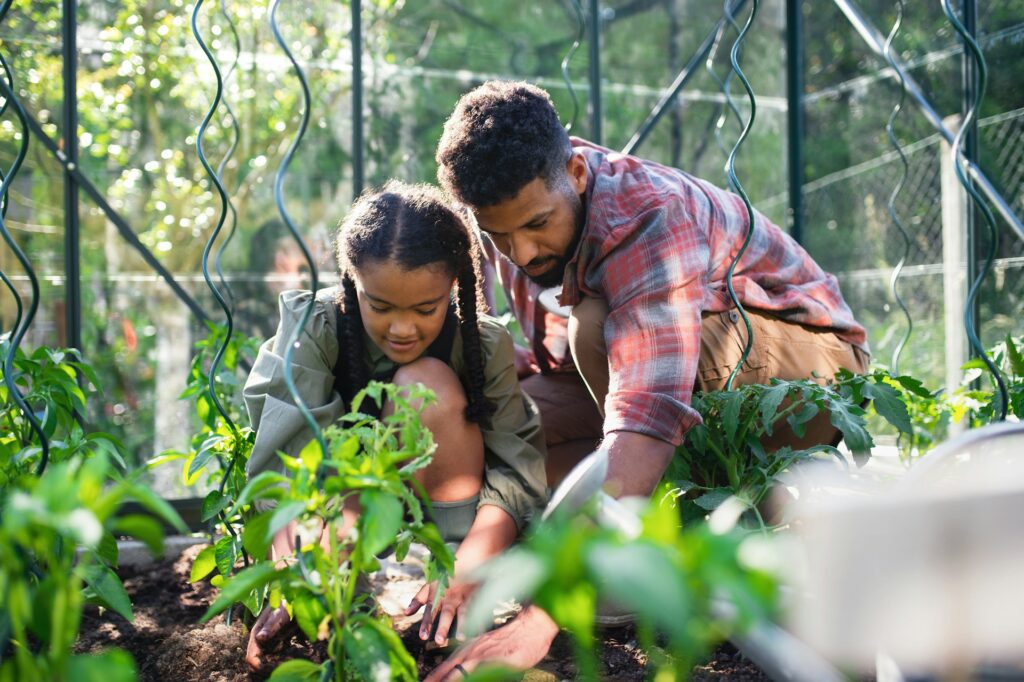
Gardening in a closed loop gently encourages you to follow the seasons more closely. You start to sense when your compost is heating up, when your soil needs rest, and when your plants are craving more nourishment. Instead of rushing or forcing things, you start aligning with what your garden is already trying to do. It creates a slower, more thoughtful pace that’s deeply grounding, even if you’re just tending to a few pots.
7. Your garden becomes more resilient.
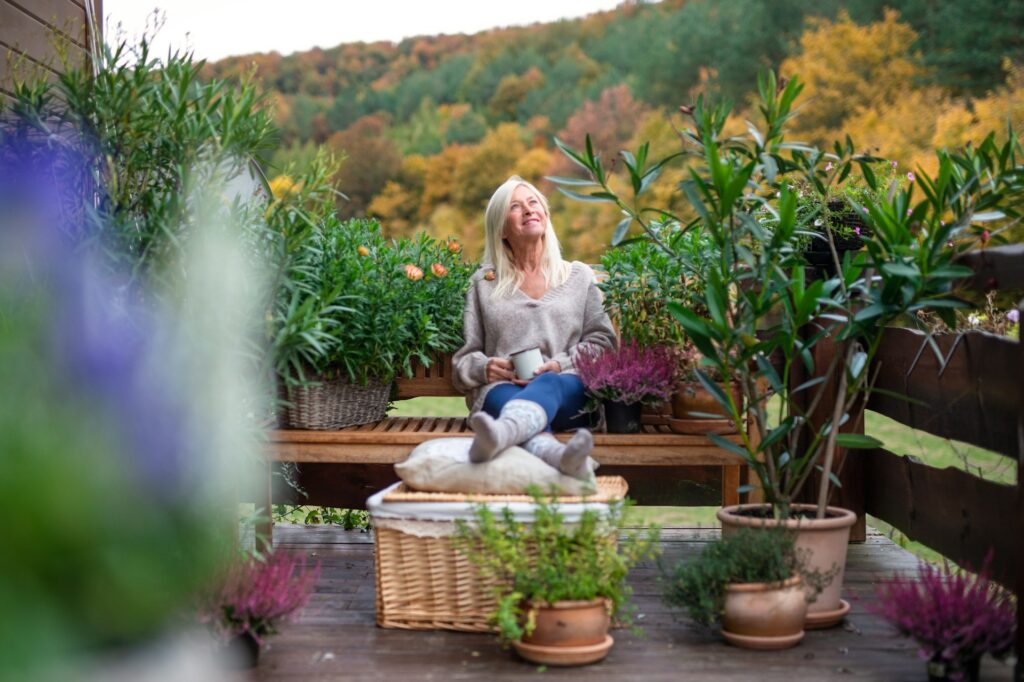
Plants grown in soil that’s constantly enriched by natural compost tend to be stronger, healthier, and more pest-resistant. It’s not about perfection, but about building an ecosystem that can take care of itself over time. Closed-loop gardens are less reliant on quick fixes. They bounce back more easily from weather swings or nutrient imbalances because the system is always adjusting, always restoring itself from the inside out.
8. It makes your garden feel more personal.
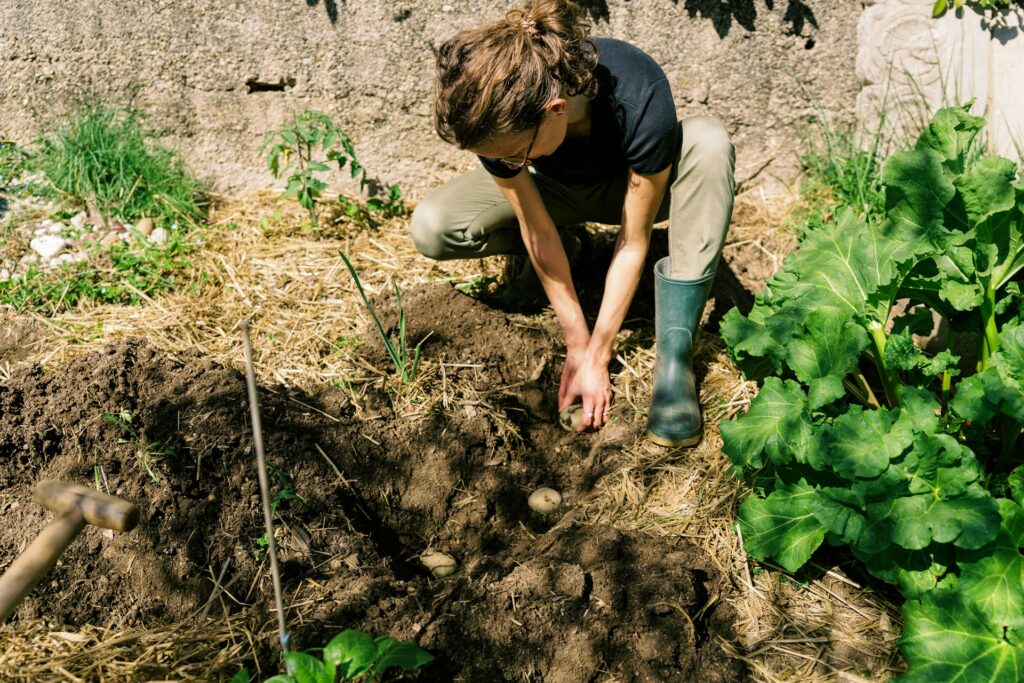
When you know your compost came from your own kitchen scraps, your own lawn clippings, your own pruning, it makes everything feel more intimate. It’s not just a garden—it’s a small ecosystem you’ve nurtured from scratch. There’s a quiet pride that comes with watching something grow in soil you built yourself. You’ve given your garden more than attention—you’ve given it continuity, care, and a full-circle sense of purpose.
9. You use what you grow more intentionally.
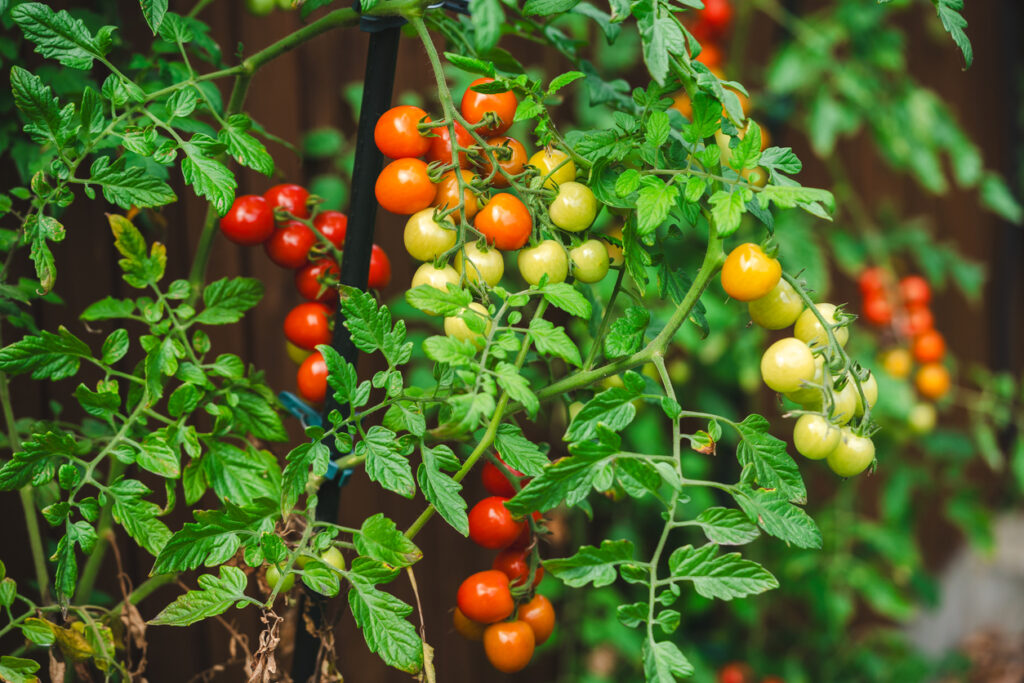
When you’re involved in every part of the cycle, you start making the most of every harvest. You find ways to use what you’ve got—whether that’s preserving a glut of herbs or finding creative uses for veg tops. That mindfulness extends into how you cook and eat too. Closed-loop gardening encourages a kind of respect for what the garden gives, making you less likely to waste and more likely to enjoy what’s right in front of you.
10. It changes how you see the world.
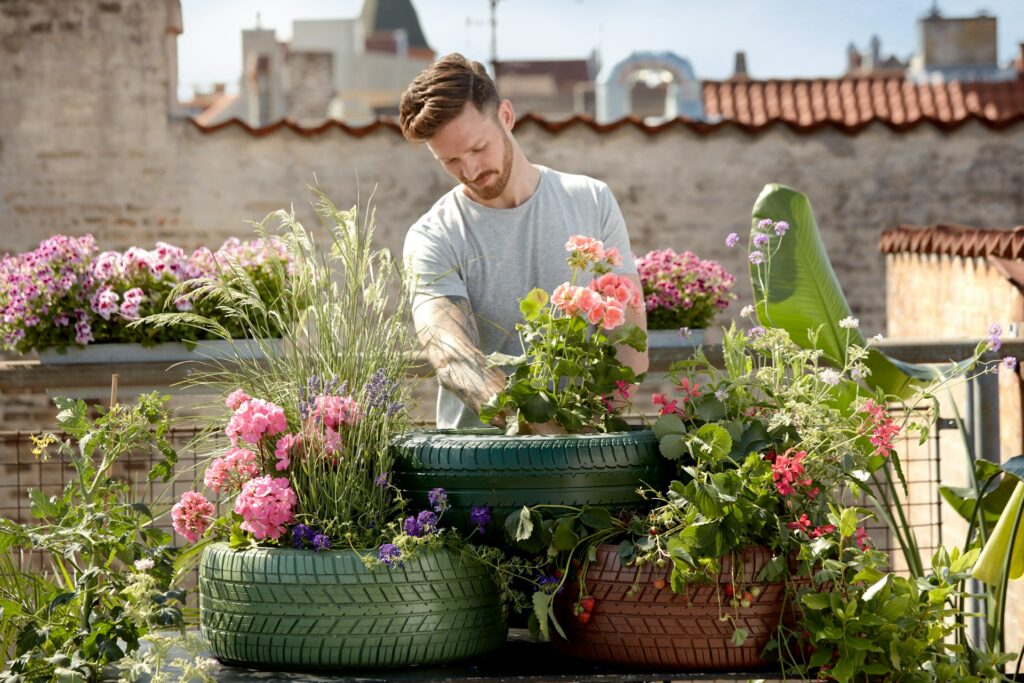
Once you’ve embraced a circular approach to your garden, it starts to affect how you view the rest of your life. You become more aware of waste, more curious about systems, more willing to find balance instead of shortcuts. It’s a quiet but powerful shift. Closed-loop gardening is less about having the perfect setup and more about cultivating a mindset—one that values cycles, celebrates small efforts, and trusts nature to do what it does best.